Beyond the Bottle: The Art of Aging Wine at Home (And When Not To!)
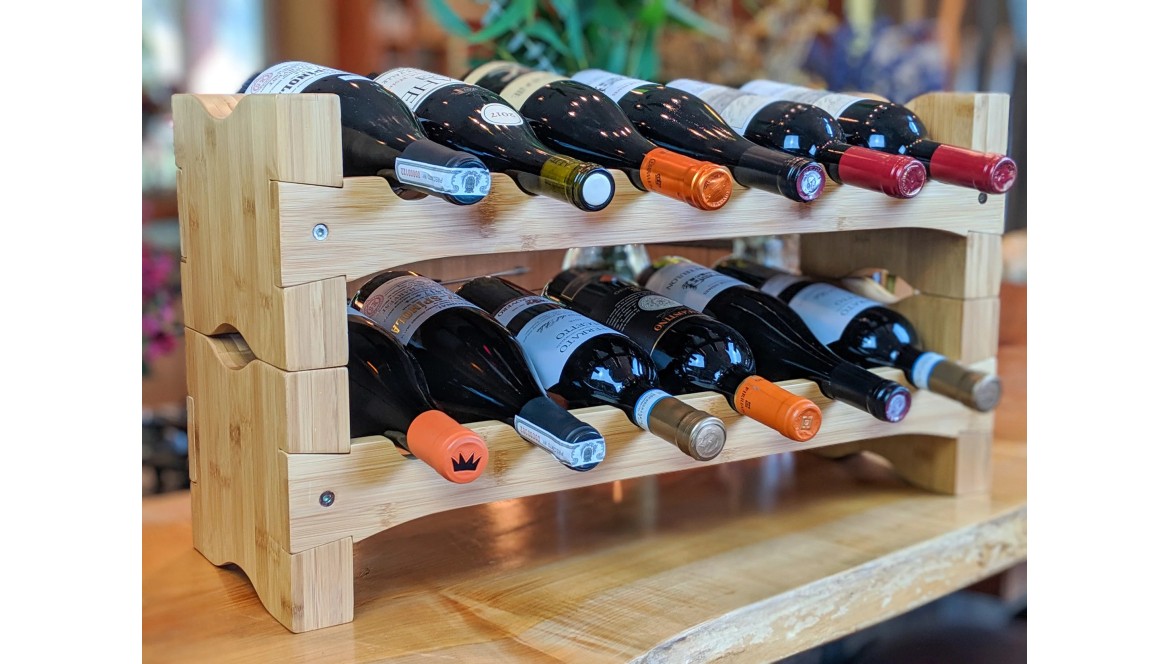
Introduction: The Allure of Aged Wine
There's a certain magic to an aged bottle of wine. That complex aroma, the velvety texture, the evolving flavors – it's a testament to patience and the incredible journey a wine takes. But while the idea of a perfectly aged wine is captivating, the reality of aging wine at home can feel daunting. When should you age a wine? What are the ideal conditions? And just as importantly, when is it best to enjoy a bottle now?
At La Vinotheque, we believe every wine has a story, and sometimes, that story includes a few extra years in the bottle. This guide will demystify the art of aging wine, helping you build a thoughtful home collection and savor every sip at its peak.
Section 1: The "Age-Worthy" Checklist: Which Wines Are Built for the Long Haul?
Not all wines are created equal when it comes to aging. While many wines are crafted to be enjoyed young and fresh, others truly benefit from time. Here's what to look for:
Structure is Key: Wines with high acidity, firm tannins (for reds), and good concentration of fruit are prime candidates for aging. These components act as natural preservatives, allowing the wine to evolve rather than degrade.
Examples: Bordeaux reds, Cabernet Sauvignon, Barolo, Brunello di Montalcino, Chablis, high-quality Riesling, Vintage Port.
Balance & Concentration: A well-balanced wine, where no single element (fruit, acid, tannin, alcohol) overpowers another, has the best chance of aging gracefully. The fruit should be concentrated enough to support the aging process.
Vintage Variation: A strong vintage can significantly impact a wine's aging potential. Pay attention to vintage reports from reputable sources.
Producer & Provenance: Wines from renowned producers with a track record of quality and age-worthiness are generally a safe bet.
Section 2: The Enemies of Wine: What to Protect Your Bottles From
Even the most age-worthy wine won't improve if stored improperly. Think of your wine as a living entity that needs protection.
Temperature Fluctuations: This is the biggest enemy. Aim for a consistent cool temperature, ideally between 50-59°F (10-15°C). Extreme heat or rapid changes can "cook" the wine or cause premature aging.
Light: Especially direct sunlight or fluorescent light, can damage wine and lead to "lightstruck" flavors. Store bottles in darkness.
Humidity: Too low, and corks can dry out and shrink, allowing oxygen in. Too high, and mold can develop on labels. Aim for 50-70% humidity.
Vibration: Constant vibrations (from appliances, traffic) can disturb the wine's delicate chemical reactions. Store bottles in a stable environment.
Odor: Wine corks can be permeable. Avoid storing wine near strong-smelling chemicals, paints, or even cleaning supplies, as these odors can penetrate the cork and taint the wine.
Section 3: Your Home "Cellar" Solutions: Practical Storage Tips
You don't need a sprawling underground cellar to age wine successfully. Here are practical options for every home:
Dedicated Wine Fridges/Coolers: The ideal solution for serious collectors. These units offer precise temperature and humidity control, plus UV protection.
Cool, Dark Closets or Basements: If you have a cool, stable space away from light and vibrations, this can work well for short to medium-term aging. Ensure consistent temperature.
Wine Racks (Horizontal is Key): Always store cork-sealed bottles horizontally to keep the cork moist and prevent it from drying out and letting in air. Screw-cap wines can be stored upright.
Avoid the Kitchen! The kitchen is often too warm and experiences too many temperature swings for proper wine storage.
Section 4: The Ageless Debate: When to Drink, When to Wait
This is where the art truly comes in. While general guidelines exist, personal preference plays a huge role.
Taste Periodically: If you have multiple bottles of the same wine, open one every year or two to track its evolution. This is the best way to understand its aging curve.
Consult Resources: Wine critics' reviews, vintage charts, and producer notes often provide insights into a wine's drinking window.
Trust Your Palate: Ultimately, the "right" time to drink a wine is when you enjoy it most. Some prefer the vibrant fruit of youth, others the complex tertiary aromas of age.
Conclusion: Invest in Patience, Reap the Rewards
Aging wine at home is a rewarding journey that connects you more deeply with the world of wine. By understanding which wines have aging potential and how to store them correctly, you'll be well on your way to enjoying truly magnificent bottles.
Ready to start your aging journey? Visit La Vinotheque today! Our expert staff can help you identify age-worthy wines, recommend the best storage solutions for your needs, and share personalized advice to help you build a collection you'll cherish for years to come.
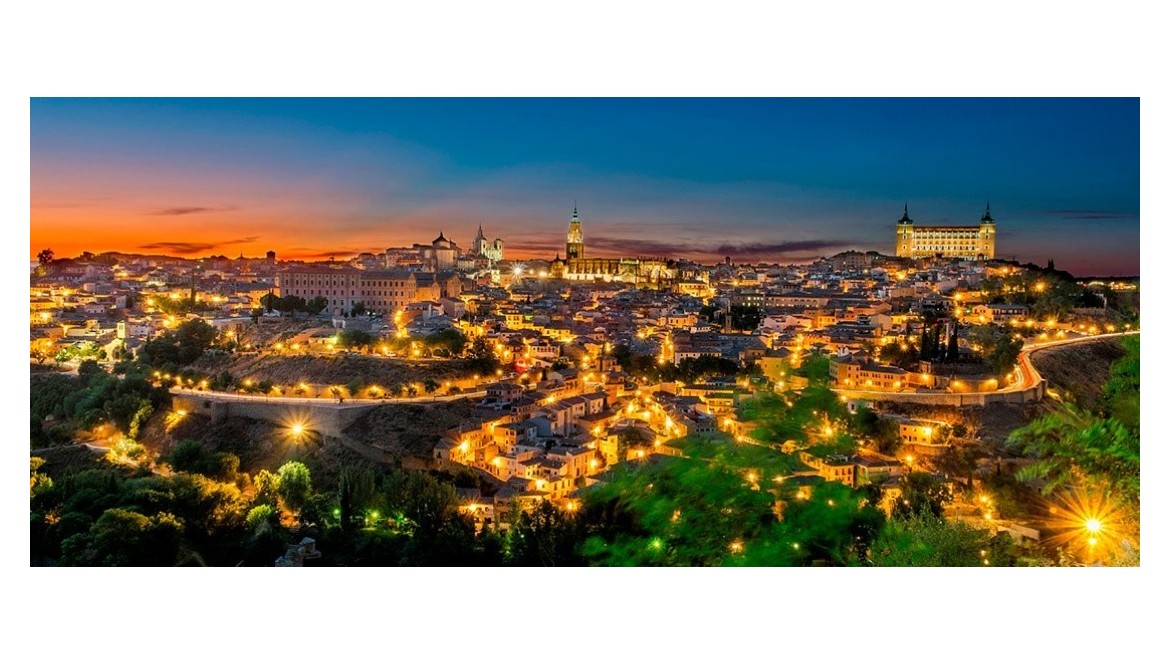
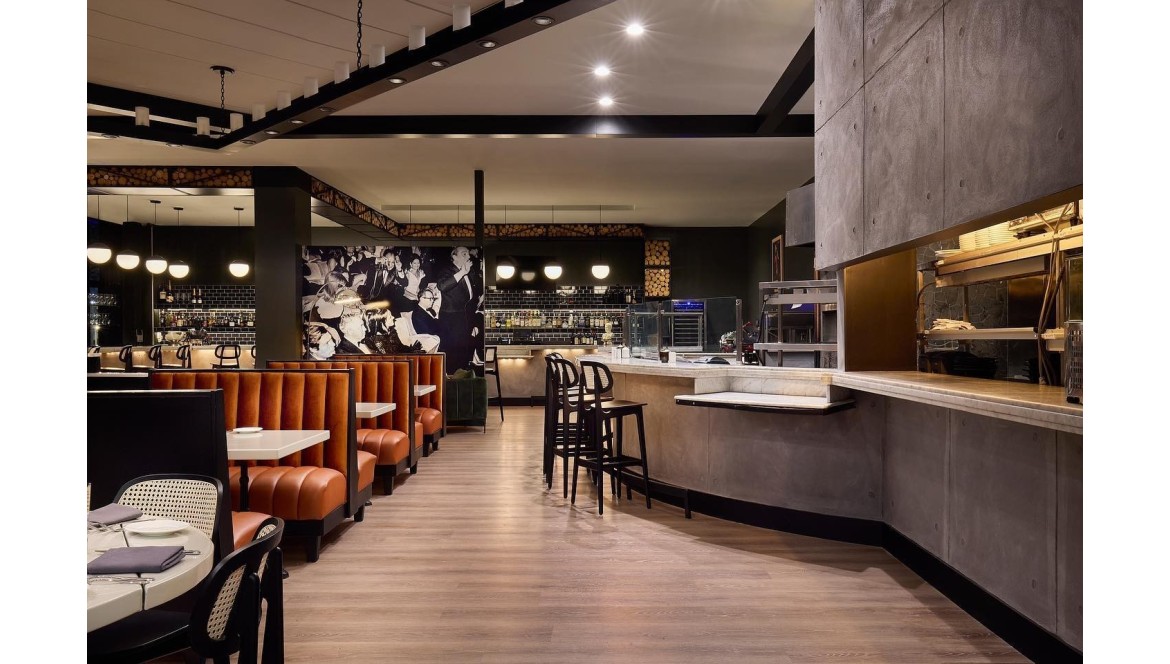
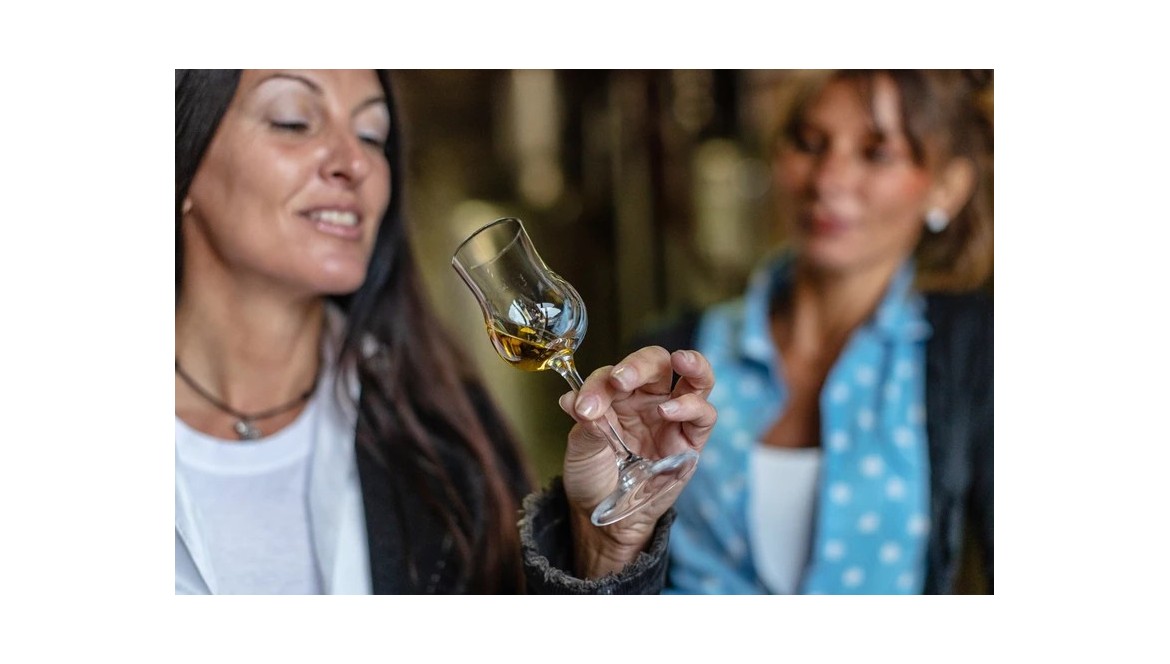
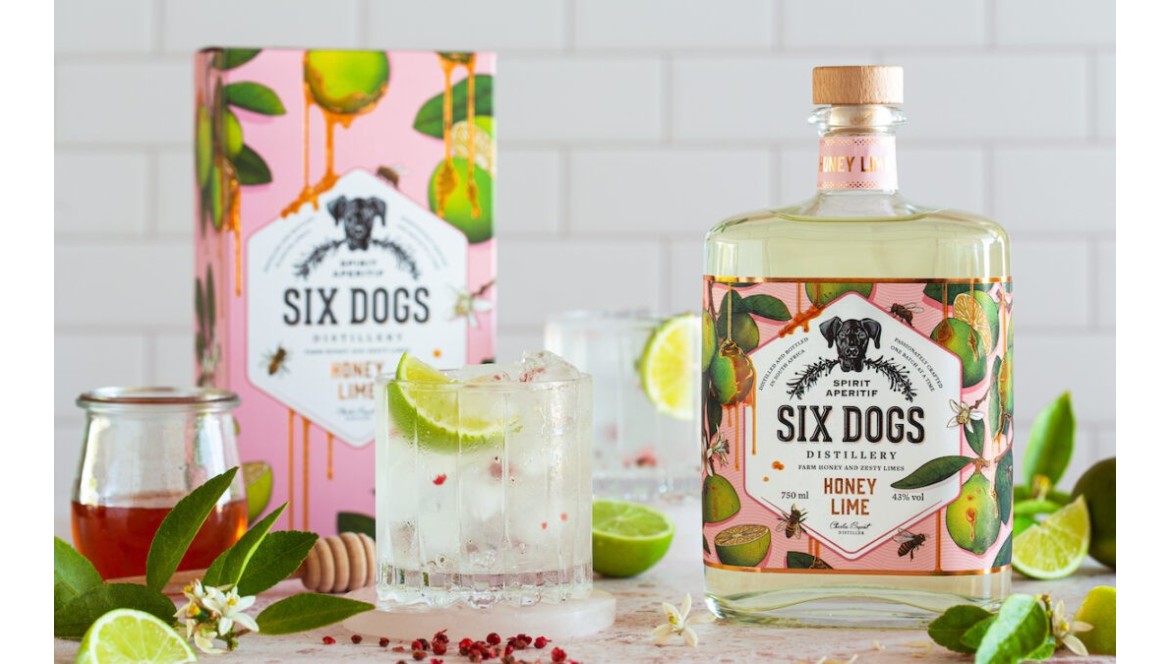
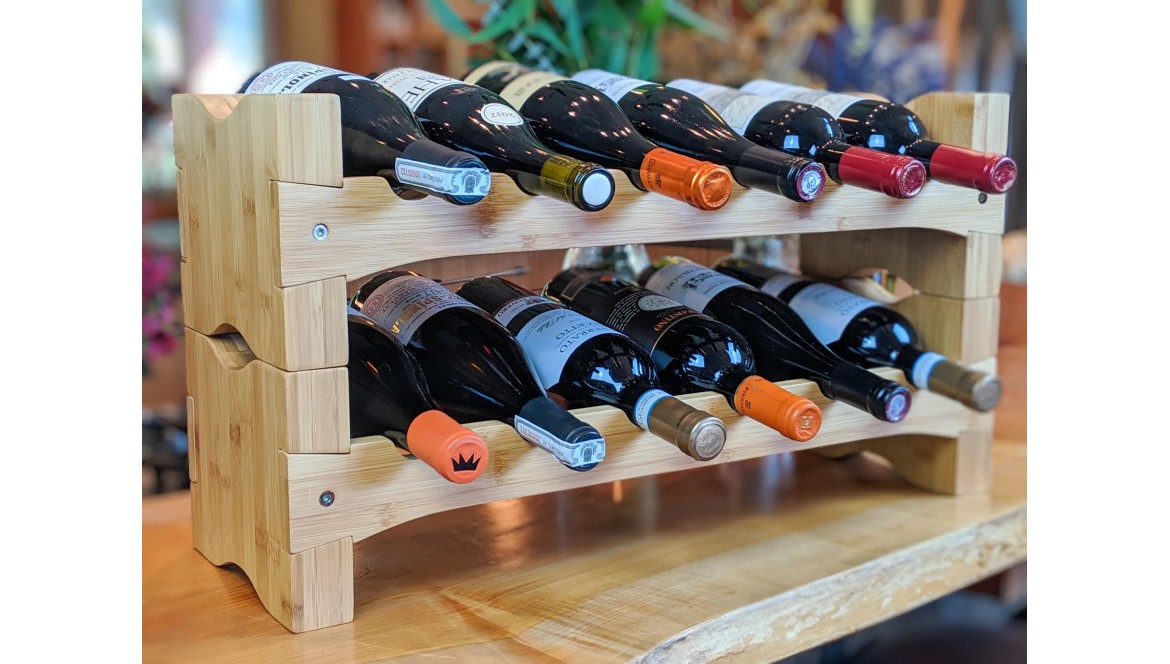
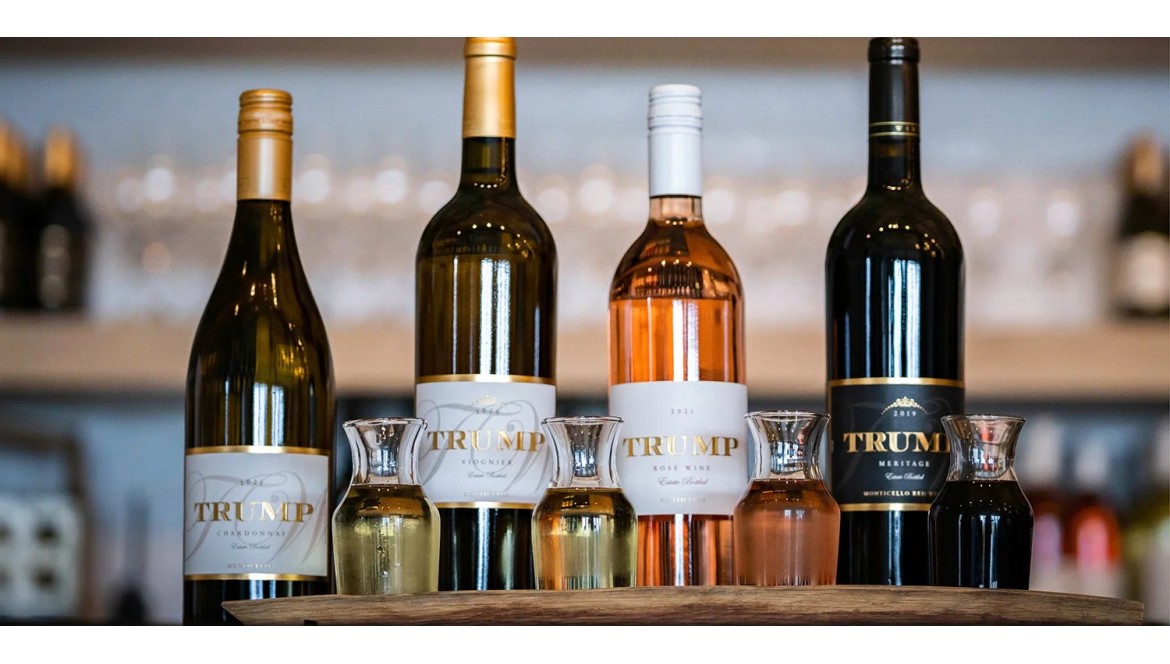
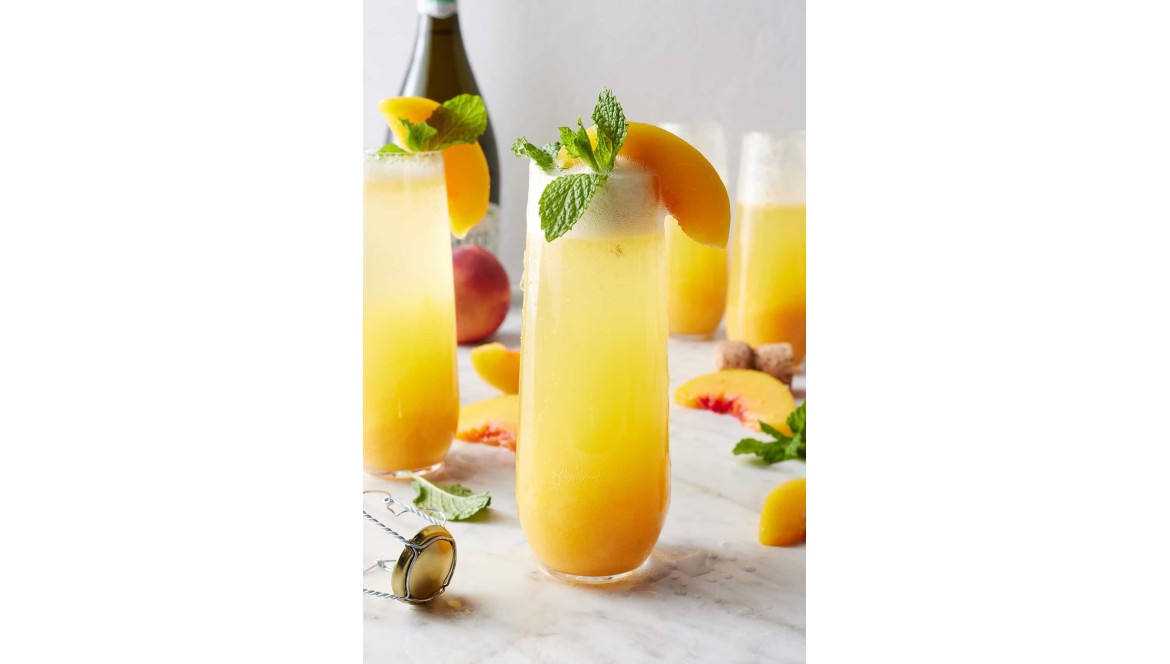
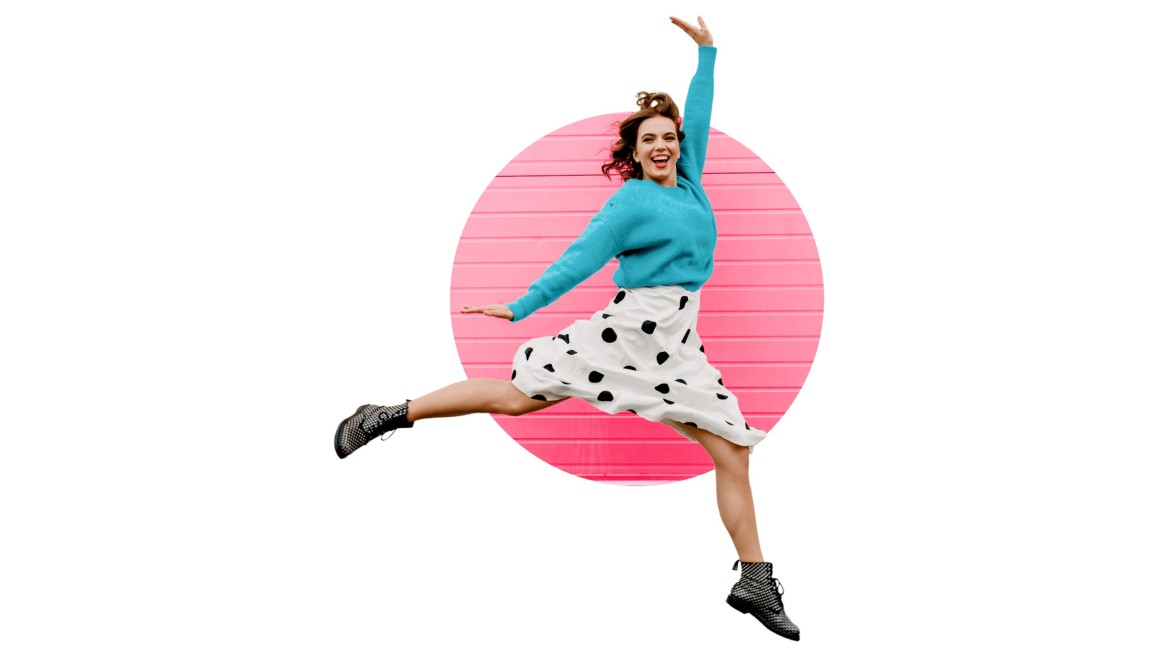
Comments
No comment at this time!
Leave your comment